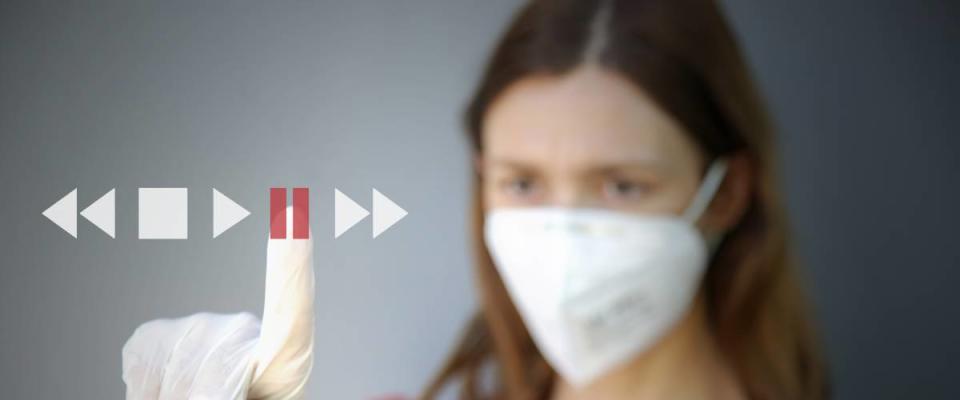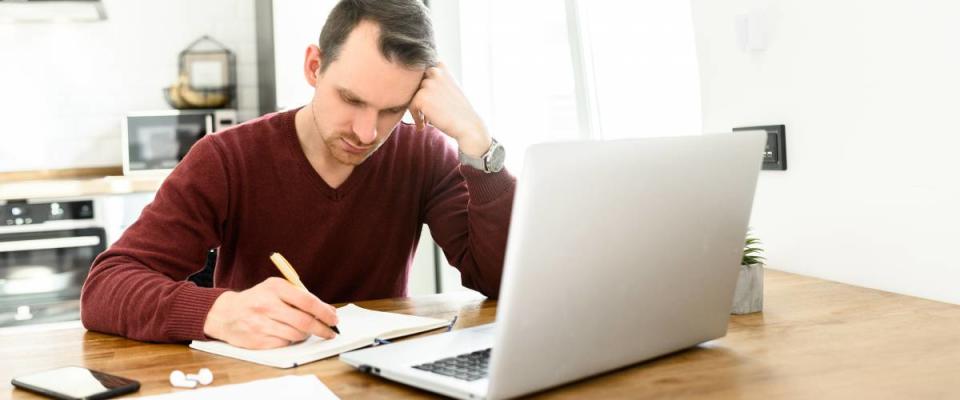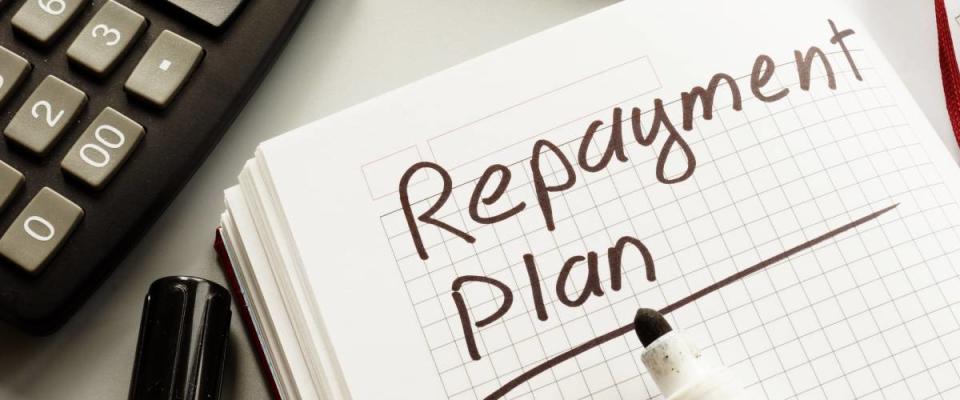Why you should clear some student loan debt, despite the payments freeze

Americans who were worried about federal student loan payments resuming can stop sweating — President Joe Biden has signed an executive order extending the payment and interest freeze for an additional 8 months.
That means the some 42 million federal student loan borrowers are off the hook until Sept. 30, 2021at least. With monthly payments typically ranging between $200 and $299, borrowers can delay paying up to around $2,400 until the extended freeze ends.
If you’ve got student loan debt, but your finances have held steady during the pandemic, you should still take steps now to clear out as much as you can.
Here are a few things you can do to help pay off your student loan debt faster.
Take your payments off ‘pause’

While it might be tempting to use the remaining months of the moratorium to remain "on break" from your student loans, continuing to make your regular payments — or paying more than you usually do — is a smart idea if you can afford it.
Since the interest rates on federal student loans are frozen at 0%, any payments you make now will go entirely toward the principal of your loan.
That means you’ll be able to take a much bigger chunk out of your debt than you normally would.
Keep in mind that if you’ve got private student loans — from a nongovernment lender — you’re likely still responsible for your normal payments unless your lender has offered you a forbearance period.
Even then, your loan will be accruing interest, so you should continue to make your regular payments if possible.
Refinance private loans

If your student loans are from a private lender, you may be able to cut down your monthly cost by refinancing your loan into a lower rate.
Whether you qualify for refinancing will largely depend on your credit score and your current income.
If you’re not sure about your credit score, there are websites that will let you check it for free online and give you personalized tips on how to boost it if it’s not in great shape.
Even if you’ve lost your job due to the pandemic, you might still be eligible for a refi if you can demonstrate investment income or income from a side gig, or find a co-signer to back your application.
To get the best rate on a refinanced student loan, it’s important to use a free service that will allow you to shop around and compare quotes from multiple lenders.
Just remember that refinancing is not an option if you’ve got a federal student loan, and replacing a federal loan with a private loan will make you ineligible for any further loan relief measures from the government.
Switch up your payment plan

You might be able to clear out your student loan debt faster by switching up your current payment plan.
Although an income-driven repayment plan can help to make your regular payments more affordable, switching to a standard repayment plan could help you become debt-free sooner — if you’re able to pay a bit more each month.
This option may not be right for everyone, especially if you're afraid you might be laid off if the pandemic worsens again and lockdowns return.
Regardless of which payment plan you’re on, you should make sure to enroll in autopay if you’ve got a federal student loan.
Signing up for automatic deposits will qualify you for a 0.25% interest rate reduction, which could be very helpful if rates return to their pre-COVID levels in the fall.

 Yahoo Finance
Yahoo Finance 